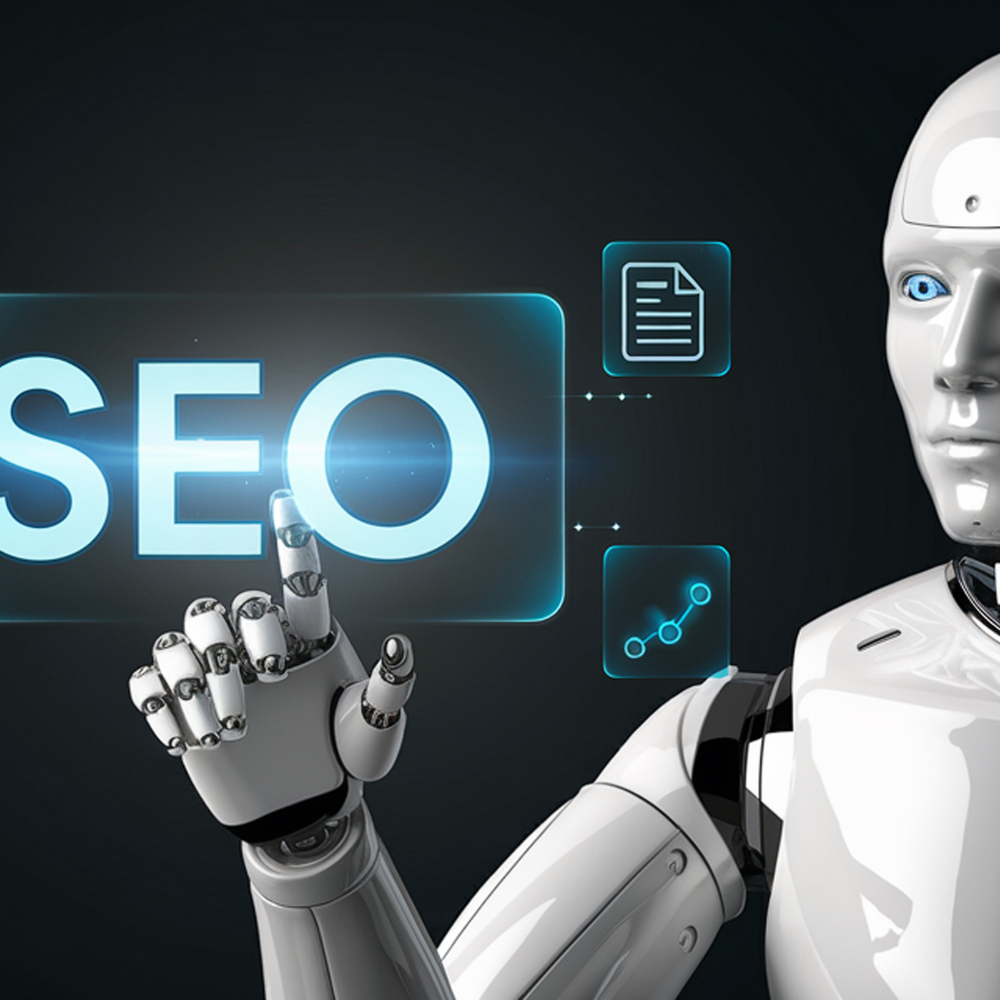Unlocking success: The power of channel marketing

In today’s digital landscape, the buyer’s journey has evolved significantly due to the advancements in technology, particularly artificial intelligence (AI). Businesses are leveraging AI-powered SEO strategies to create a more personalized, efficient, and engaging experience for potential customers. This evolution not only reshapes how businesses market themselves but also alters the path that consumers take from the awareness stage to making a purchase decision.
Personalization at Scale
One of the most impactful ways AI is changing the buyer’s journey is through hyper-personalization. Gone are the days of one-size-fits-all marketing approaches. With AI algorithms analyzing vast amounts of data, businesses can now tailor their content and SEO strategies to meet the specific needs of individual consumers. By understanding user behaviors, preferences, and search intent, brands can create personalized content that resonates with their audience, enhancing engagement and driving conversions.
For instance, AI tools can analyze search queries in real-time, helping businesses identify trending topics and optimize their content accordingly. This proactive approach enables companies to stay ahead of the competition and provide valuable information that guides potential buyers through their journey seamlessly.
Predictive Analytics for Better Targeting
AI-driven predictive analytics plays a crucial role in understanding consumer behavior. By leveraging historical data and current trends, businesses can predict what content users are likely to search for and when. This foresight allows companies to optimize their SEO strategies to align with the evolving needs of their audience, ensuring that the right content is available at the right time.
For example, if data indicates that a particular segment of consumers frequently searches for solutions during specific times of the year, businesses can ramp up their content creation efforts in anticipation of those inquiries. This strategic alignment not only saves time but also enhances the chances of attracting and converting potential customers, ultimately shortening the buyer’s journey.
Enhanced User Experience
AI is also instrumental in improving the overall user experience (UX), a critical component in the buyer’s journey. With AI tools, businesses can analyze user interactions with their websites to identify pain points or areas needing improvement. By optimizing site navigation, search functionality, and loading times, brands can create a seamless experience that keeps potential customers engaged.
Moreover, AI chatbots are becoming increasingly prevalent in assisting users during their research phase. These intelligent virtual assistants provide instant responses to queries, guiding users toward relevant content or products. By offering real-time support, businesses enhance the decision-making process, ensuring that consumers feel valued and understood throughout their journey.
Future Trends: Voice Search and Visual Recognition
As AI technology continues to advance, new trends such as voice search and visual recognition are set to reshape the SEO landscape further. More consumers are using voice-activated devices to conduct searches, prompting businesses to optimize their content for conversational queries. In tandem, visual search capabilities are enabling users to find products using images rather than text, necessitating a rethink of SEO strategies.
In conclusion, AI is not just a buzzword; it is a transformative force reshaping the buyer’s journey in significant ways. Through hyper-personalization, predictive analytics, improved user experience, and the advent of emerging technologies, businesses can create tailored marketing strategies that resonate with consumers at every touchpoint. Embracing AI in SEO not only enhances marketing effectiveness but also fosters stronger connections with customers, paving the way for future success in an increasingly competitive digital marketplace.